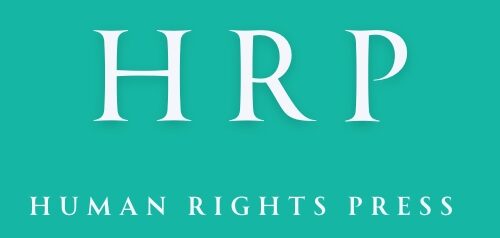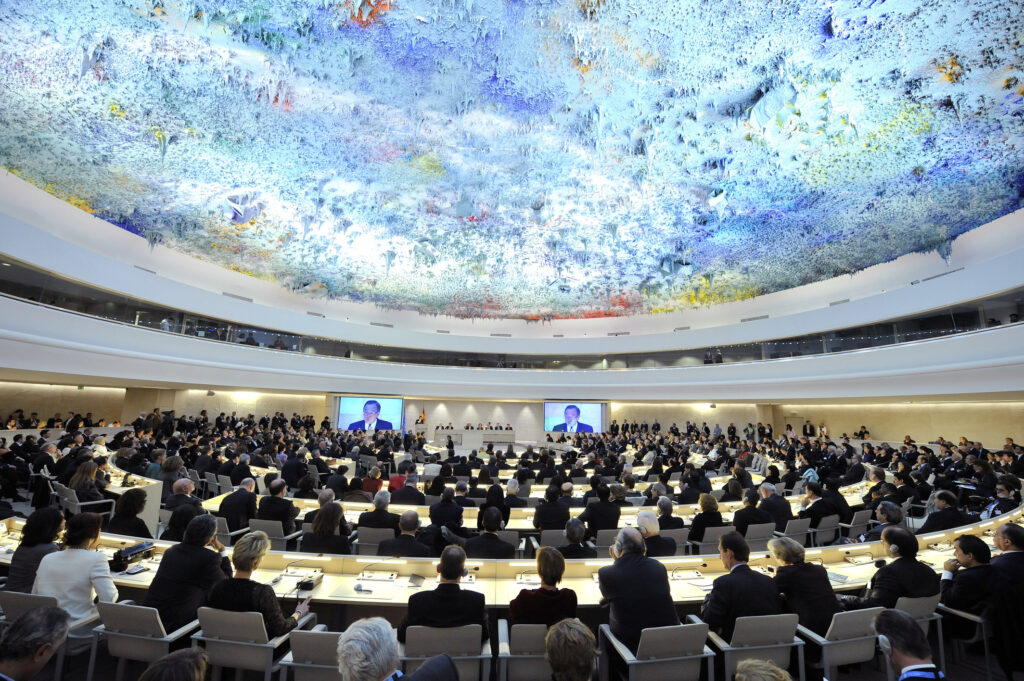By Human Rights Press Staff
July 13, 2024, 10:30 am ET
Amnesty International and four other human rights organizations on Thursday criticized China’s new judicial guidelines targeting individuals advocating for Taiwan’s independence, calling the guidelines “a blow for human rights protections.”
On June 21, 2024, the Supreme People’s Court of China, in conjunction with the Supreme People’s Procuratorate, the Ministry of Public Security, the Ministry of State Security, and the Ministry of Justice, issued the document titled “Opinions on Punishing ‘Taiwan Independence’ Diehards for Conducting or Inciting Separatism in Accordance with Law.” These guidelines outline severe penalties for acts deemed separatist, including peaceful acts advocating for Taiwan’s independence.
The directives stipulate that individuals found guilty of colluding with foreign entities or committing acts of secession may face harsher punishments, including death, if the crimes are deemed particularly serious. The guidelines also broaden the scope of what constitutes secessionist activities to include actions such as establishing separatist organizations, promoting Taiwan’s entry into international organizations, and deviating from the Chinese narrative in fields such as education, culture, and media.
Taiwan responded by raising alert levels for its nationals traveling to China, citing recent cases of arbitrary arrests and detentions. The Taiwanese government also warned its citizens of the potential risks and the likely increase in self-censorship among the approximately 150,000 Taiwanese living in China.
The Chinese government defended the guidelines as necessary measures to protect national sovereignty and territorial integrity. However, critics argued that these actions are part of a broader strategy to stifle dissent and control political expression beyond China’s borders.
Amnesty International, the Anti-Death Penalty Asia Network, The Rights Practice, the World Coalition Against the Death Penalty, and the Capital Punishment Justice Project jointly condemned the guidelines. The organizations specifically argued that the directives contravene the rights to life, freedom of expression, peaceful assembly, association, and fair trial as established under international human rights law.
Quotes
“Our organizations are gravely concerned by the violations of human rights that are encouraged and would be carried out through the implementation of these guidelines. By explicitly criminalizing and demanding harsh punishments for peaceful acts that aim at advocating for Taiwan’s independence, the Chinese authorities are cracking down under the pretext of national security on the rights to freedom of expression, freedom of peaceful assembly, and other human rights,” stated the rights groups.
Visual Elements
[Include relevant images, infographics, or videos related to the new guidelines and the responses from Taiwan and human rights organizations.]
Legal and International Perspective
The guidelines directly contravene international human rights standards, including the International Covenant on Civil and Political Rights, to which China is a signatory. These actions are seen as violations of the rights to life, freedom of expression, peaceful assembly, and fair trial, as established under international human rights law.

